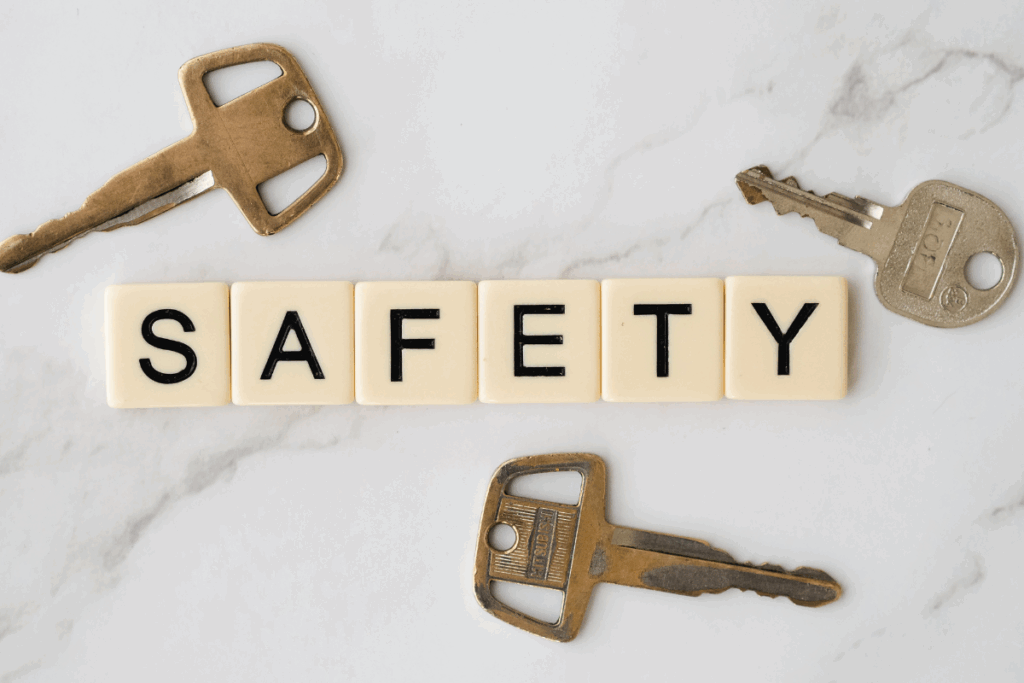
Living independently as a senior can be empowering and rewarding. However, it also comes with unique safety concerns. Seniors who live alone may feel more vulnerable to security risks, but with the right precautions, you can create a safe and secure home environment while maintaining independence and peace of mind.
Below are some practical home security tips and general safety strategies designed specifically for seniors.
1. Secure All Entry Points
- Always keep doors and windows locked, even when you are home.
- Install deadbolt locks and ensure sliding doors have security bars.
- Consider upgrading to smart locks that allow you to check and lock doors remotely.
2. Improve Lighting Around the Home
- Install motion-sensor lights at entrances, driveways, and garden areas.
- Keep pathways well-lit to prevent falls.
- Inside the home, use nightlights in hallways and bathrooms to make moving around safer after dark.
3. Use a Home Security System
- Modern security systems are easy to use and often include panic buttons.
- Many systems allow family members or caregivers to check in remotely.
- Even a visible security camera or alarm sign can deter unwanted visitors.
4. Be Cautious with Strangers
- Never open the door to someone you don’t know.
- Use a peephole, doorbell camera, or intercom before answering.
- Beware of common scams – such as people posing as utility workers or salespeople. Always ask for identification.
5. Stay Connected with Neighbours and Family
- Build a relationship with trusted neighbours who can keep an eye on your property.
- Let family members know your daily routine so they can check in if something seems unusual.
- Use a daily check-in system via phone call, WhatsApp, or text message.
6. Protect Valuables and Documents
- Keep important documents (ID, will, insurance, medical files) in a locked, fireproof box.
- Avoid leaving valuables in plain sight.
- Shred sensitive papers before discarding.
7. Be Smart with Technology
- Don’t share personal information with strangers over the phone or online.
- Use strong passwords and avoid saving them on sticky notes around the house.
- Learn to recognize common online scams – such as emails claiming you’ve won money or that a “grandchild” is in trouble.
8. Prepare for Emergencies
- Always keep a charged cell phone nearby.
- Consider a medical alert system with a fall-detection feature.
- Have an emergency contact list by the phone and share it with trusted friends or caregivers.
Final Thoughts
Living alone doesn’t have to mean living in fear. By taking simple, proactive steps, seniors can create a safe, secure, and comfortable home environment. Security is about more than locks and alarms – it’s about peace of mind, independence, and knowing that help and support are always within reach.
Download our handy Free Home Security Checklist for Seniors
